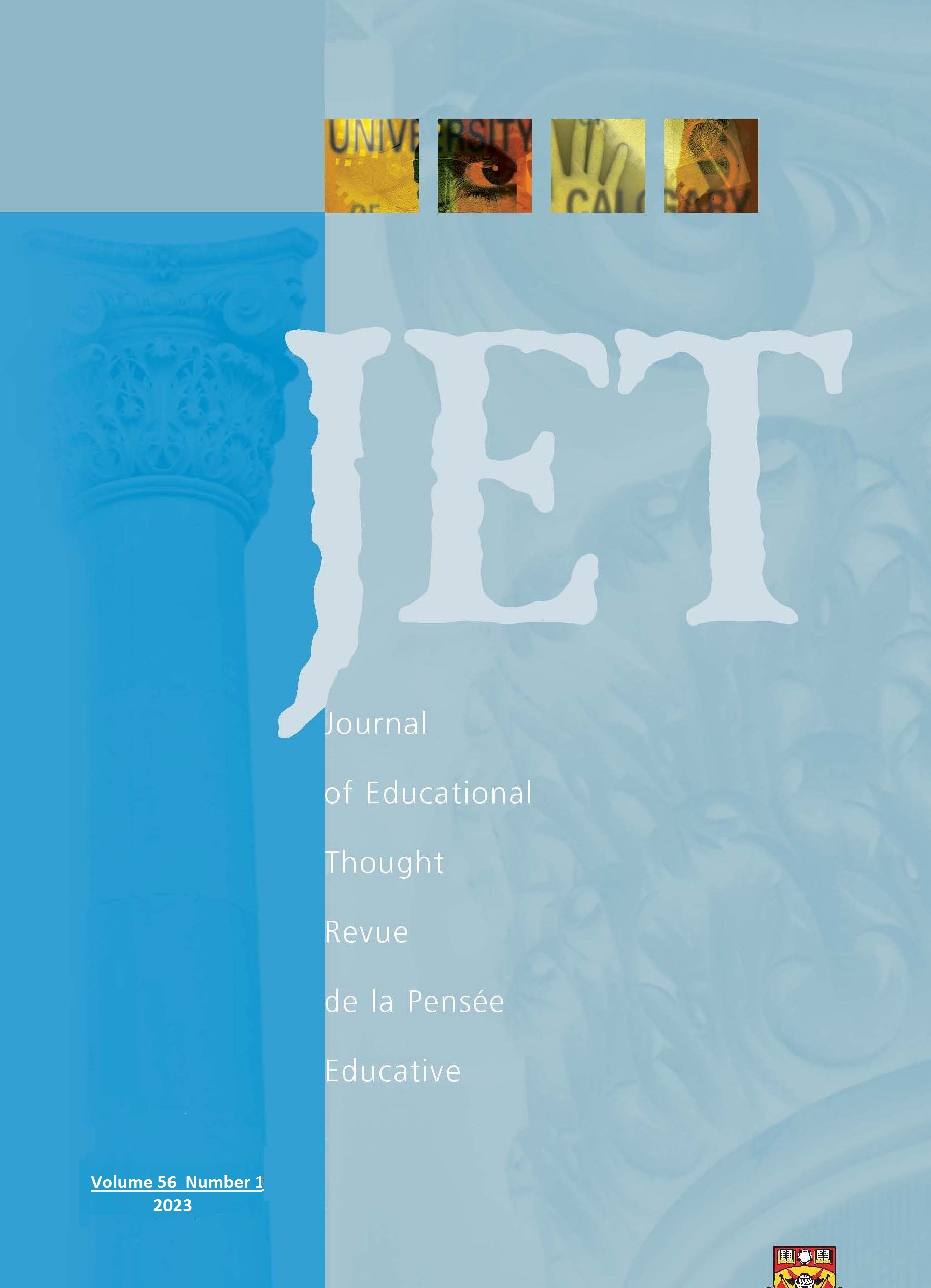Positioning all Students and Teachers as Intercultural Citizens— A Two-way Adaptation Approach to ELL Identity Negotiation
DOI:
https://doi.org/10.55016/ojs/jet.v56i1.77671Abstract
Abstract: This article addresses the power imbalance between English language learners (ELL) and native English speakers (NES) in culturally and linguistically diverse K-12 classrooms. Current ELL positioning models explored in empirical research studies are positioned in this article in correlation with the stages in Bennett’s theory of the Developmental Model of Intercultural Sensitivity. The result indicates that we need an integrative model that equalizes the power relations between ELLs and NES to guide all learners and teachers towards cultural integration. Drawing on positioning theory and the concept of intercultural citizenship, this article proposes an integrative approach of positioning all students and teachers as intercultural citizens as a discursive identity negotiation means to engender an equitable two-way cultural adaption that not only challenges the raciolinguistic ideologies but also builds intercultural citizenship among all learners. A step-by-step school-level practical guide is suggested to implement this integrative approach.
Downloads
Published
Issue
Section
License
The Journal of Educational Thought retains first publication rights for all articles. The Journal grants reproduction rights for noncommercial educational purposes with the provision that full acknowledgement of the work’s source be noted on each copy. The Journal will redirect to the appropriate authors any inquiries for further commercial publication of individual articles. All authors wishing to publish in JET will be asked to fill in and sign a Consent to Publish and Transfer of Copyright agreement.
Authors must affirm that any submission to JET has not been and will not be published or submitted elsewhere while under considration by JET.

